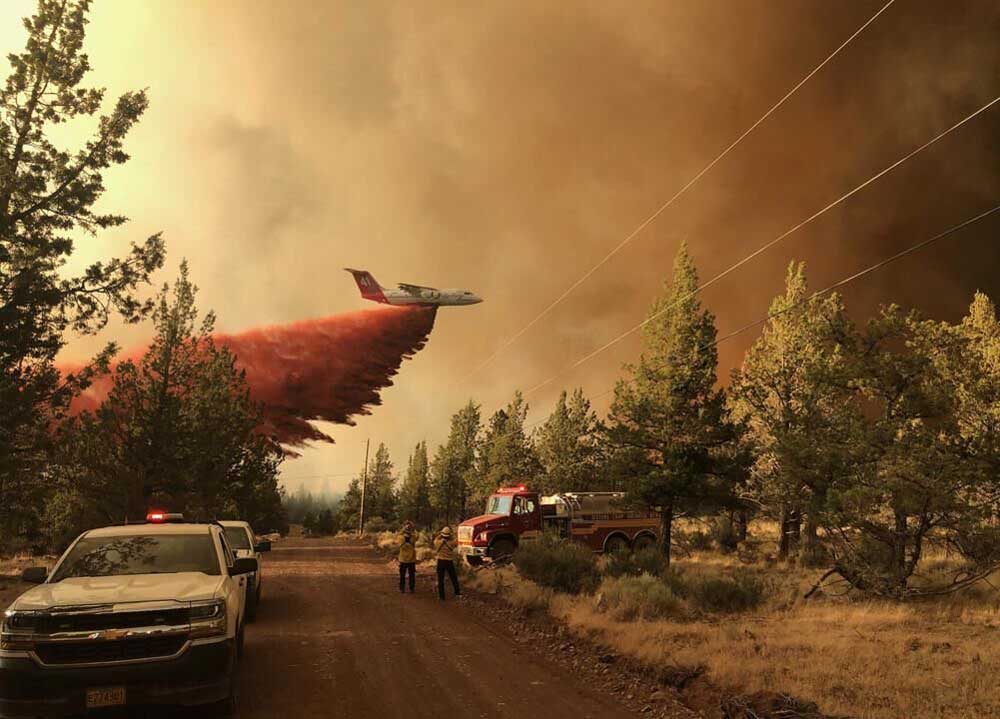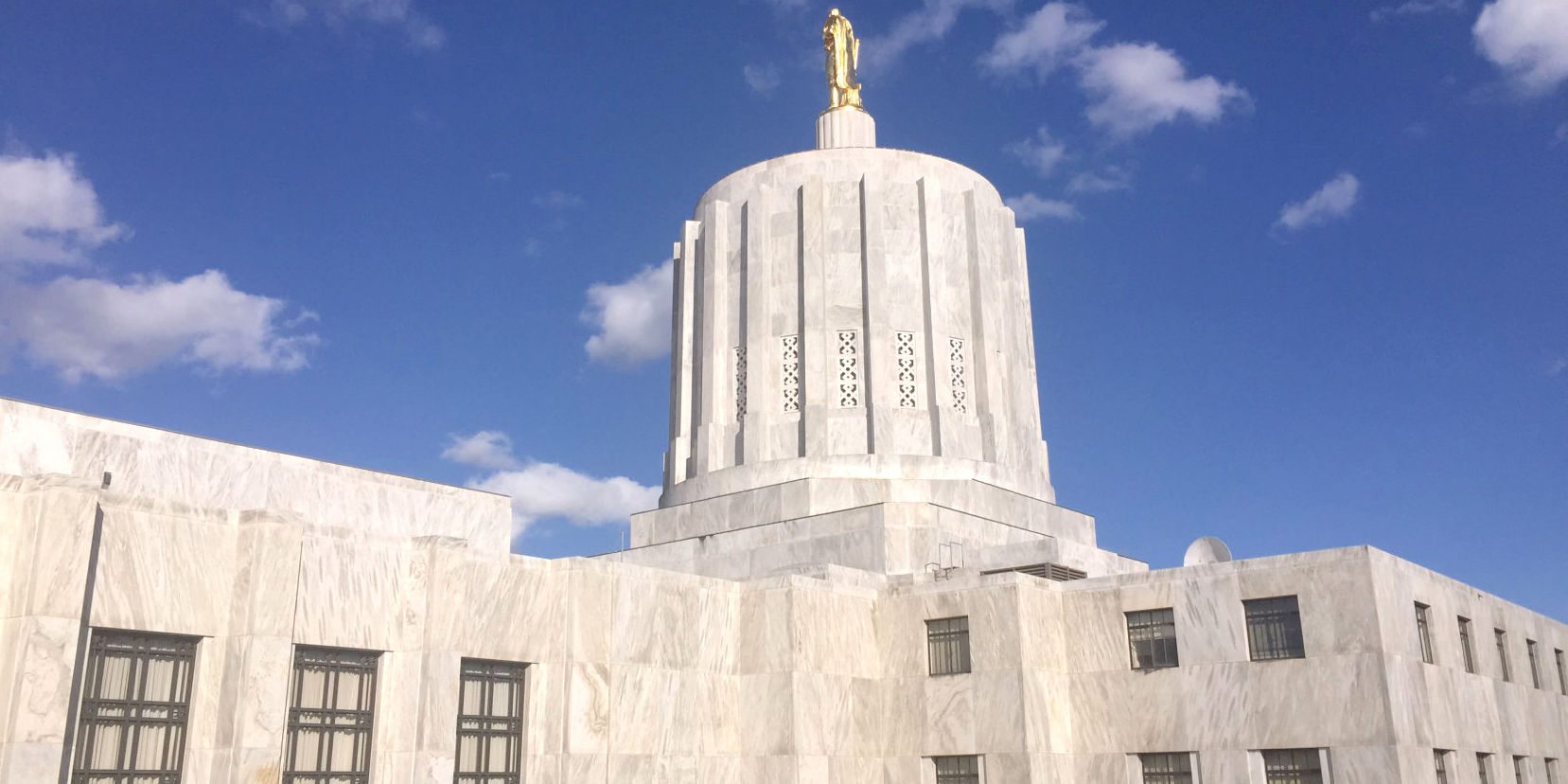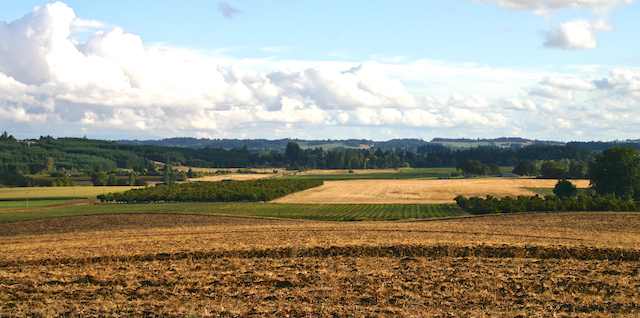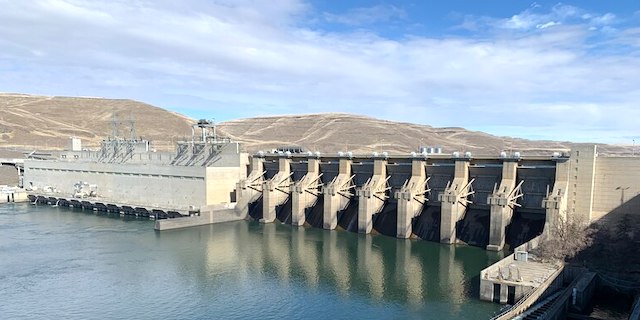Bill would protect Oregonians from no-cause wildfire insurance hikes, cancellations
Published 10:45 am Friday, April 28, 2023

- A firefighting tanker drops retardant near Sisters last year. Oregon officials worry that drought-prone regions of the state are susceptible to wildfires this summer.
Insurance companies must provide property-specific reasons for canceling homeowner policies or raising premiums due to wildfire risk under legislation recently approved in Oregon.
Under Senate Bill 82, such insurance notifications must explain how a home’s wildfire risk was calculated and what actions may improve its insurability.
Home-hardening, defensible space and community-wide measures meant to mitigate fire risk must also be considered in insurance policy decisions under the bill, which passed the House 36-20 this week after previously winning approval in the Senate.
As insurance companies re-examine residential policies due to “staggering” wildfire costs, the bill imposes “common-sense reforms to help consumers understand insurance decisions and evaluate strategies that may make their properties easier to insure,” said Rep. Pam Marsh, D-Ashland.
The state has experienced $3 billion in wildfire losses since 2020, so it’s understandable that insurance companies are scrutinizing their portfolios for risk, Marsh said. “But if not well-communicated and understood, industry decisions leave consumers confused and even panicked about changes to their policies.”
The legislation also ensures homeowners subject to wildfire emergency orders have three years to rebuild and prohibits insurance companies from basing adverse policy decisions on the state’s wildfire risk map.
An initial version of the wildfire risk map was unveiled last summer but then quickly withdrawn after it “triggered major waves of confusion, fear and anger,” said Sen. Jeff Golden, D-Ashland.
The controversy was largely fueled by new regulations for homes facing elevated or extreme fire risk, but the map was also accused of provoking higher insurance costs and policy cancellations.
Insurance companies denied making those decisions due to the statewide map, but the episode taught lawmakers valuable lessons about public communications and “ground-truthing” computer models of wildfire risk, Golden said.
Ultimately, the best way to stabilize or lower insurance costs will be to decrease wildfire losses and related claims, he said. However, SB 82 encourages transparency and represents a step in the right direction by incentivizing risk reduction.
“Homeowners doing everything within reason to reduce wildfire risk on their property should have access to sufficient and affordable insurance,” Golden said.
While the bill received bipartisan support, it was also criticized for unrealistically trying to control insurance decisions.
Sen. Dennis Linthicum, R-Klamath Falls, said the legislation couldn’t actually stop the map from influencing the thought process of insurance companies.
“The problem with bills like this is they try to control information,” he said. “This bill does not solve the problem, it simply pretends to solve the problem.”






